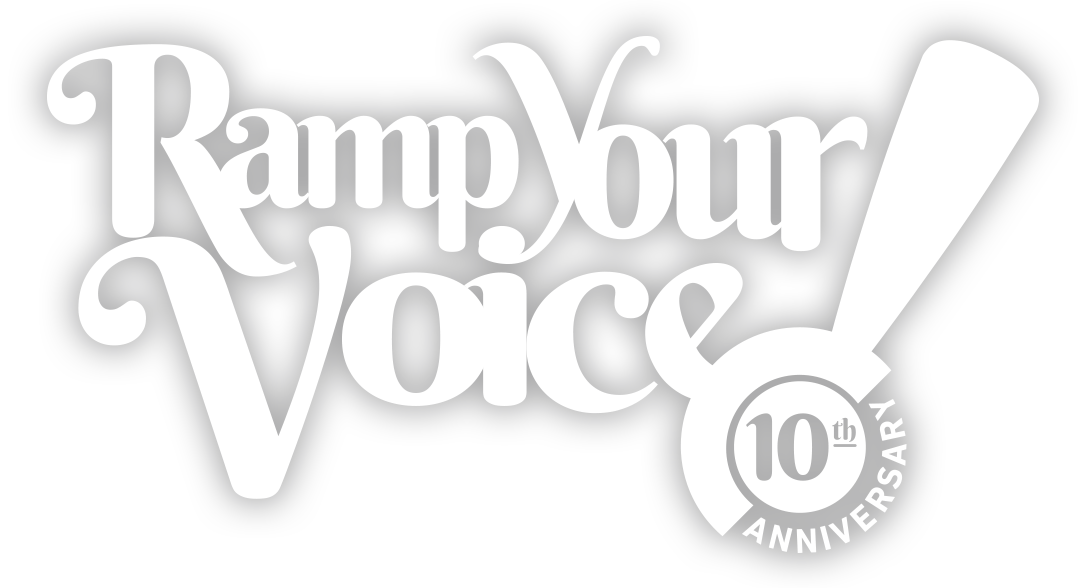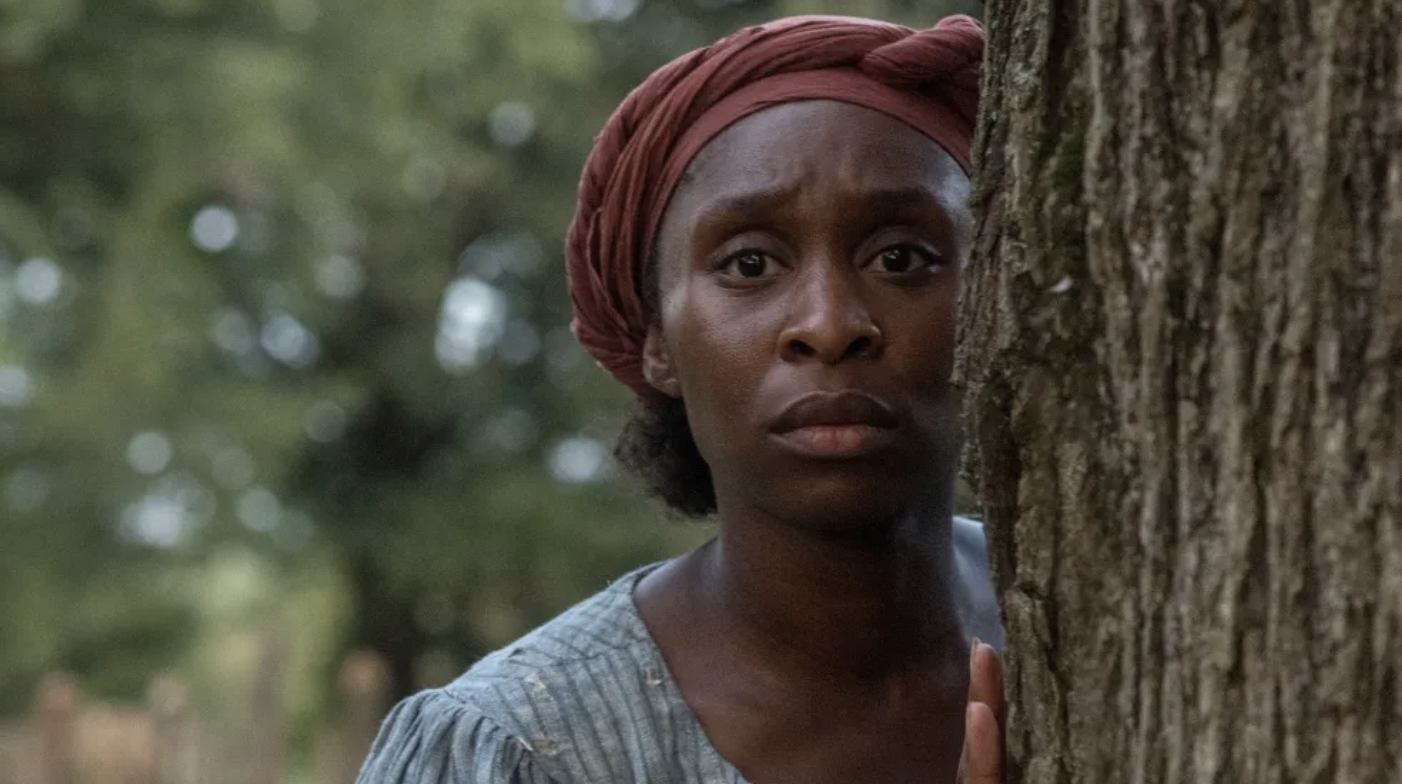The Harriet Tubman Casting Cripping Up Issue
Over the past week, I have watched and listened to several conversations on Twitter about the casting uproar for the Harriet Tubman film.
Yet no one mentioned the obvious issue: a Black disabled actress is not playing a Black disabled historical figure.
An issue I run into within Black history and in the portrayals of the lives of our important figures and icons on film is the easy omission of their disabled identities. And if we are lucky to get disability mentioned somewhere in the storyline, it is treated as a footnote to their overall story.
This is not only problematic; it is downright disrespectful to who the person was. It is a disgrace to Harriet Tubman. Her disabilities were just as poignant to her life story as what she did to free our people. (Harriet sustained a severe head injury as a teenager while protecting another slave. Due to this injury, she developed symptoms that are described to be temporal lobe epilepsy and narcolepsy.)
I am easily irritated by the oversight of disability being represented and mentioned in the storytelling of Black historical figures because it was not until I became an activist that I found out that many people I respected and admired were disabled like me.
I was an African American Studies minor as an undergrad – never once did I read something about Harriet’s disabilities.
That should not be the case if we are paying homage to those who paved the way for us to where we are today as a people.
But it speaks volumes to how we view disability AS A PEOPLE.
How do we view disability? As truly a footnote; something that is not equal to our Black identity or not an identity worth associating oneself with at all.
Do we not realize how many of us would benefit from learning of the disability statuses of historical figures like Harriet? My whole life, I heard about the tremendous influence of Harriet, but mentioning her disability was a convenient afterthought.
She became disabled because of slavery, which is the case for many of our ancestors. Her enslaved disabled body met tremendous obstacles in a society that viewed disability as a financial liability to slaveowners. How can we pay respect to her or any of our iconic figures if we do not take a moment to understand how disability played a role in their lives and the treatment they were dealt? How can we effectively tell anyone’s story if a key aspect of their identity is missing from the narrative?
Most importantly, when will we realize that casting Black non-disabled actors and actresses to play Black disabled figures is cripping up? Black actors and actresses across the Diaspora DO NOT GET A PASS on this. Not at all.
If we want better representation, we must include disability in these discussions. I believe that the cripping up has failed to come up in discussions because 1) people are unaware that Harriet was disabled, and 2) we do not view disability as an important enough identity to get the casting right for these roles.
Is the casting of Harriet Tubman an issue? Yes, but it goes beyond what the conversations that has been had. I hope that one day, we will take extensive inventory of casting decisions made and not forget that disability exists and historical figures deserve to be played by people that share all of the identities they possess – not just the acceptable parts that we can stomach on the big or small screen.
If the actress playing Harriet Tubman is not disabled, then the film is a failure from the start – point blank. It will NOT get my viewership or coins – I respect the legendary of Harriet too much to support a film that cannot get it right on many fronts.

